Living In Remission Battling Cancer For 27 years

The Silent Monologue
"Survival gave me gratitude. Gratitude gave me vision. And vision gave me art."
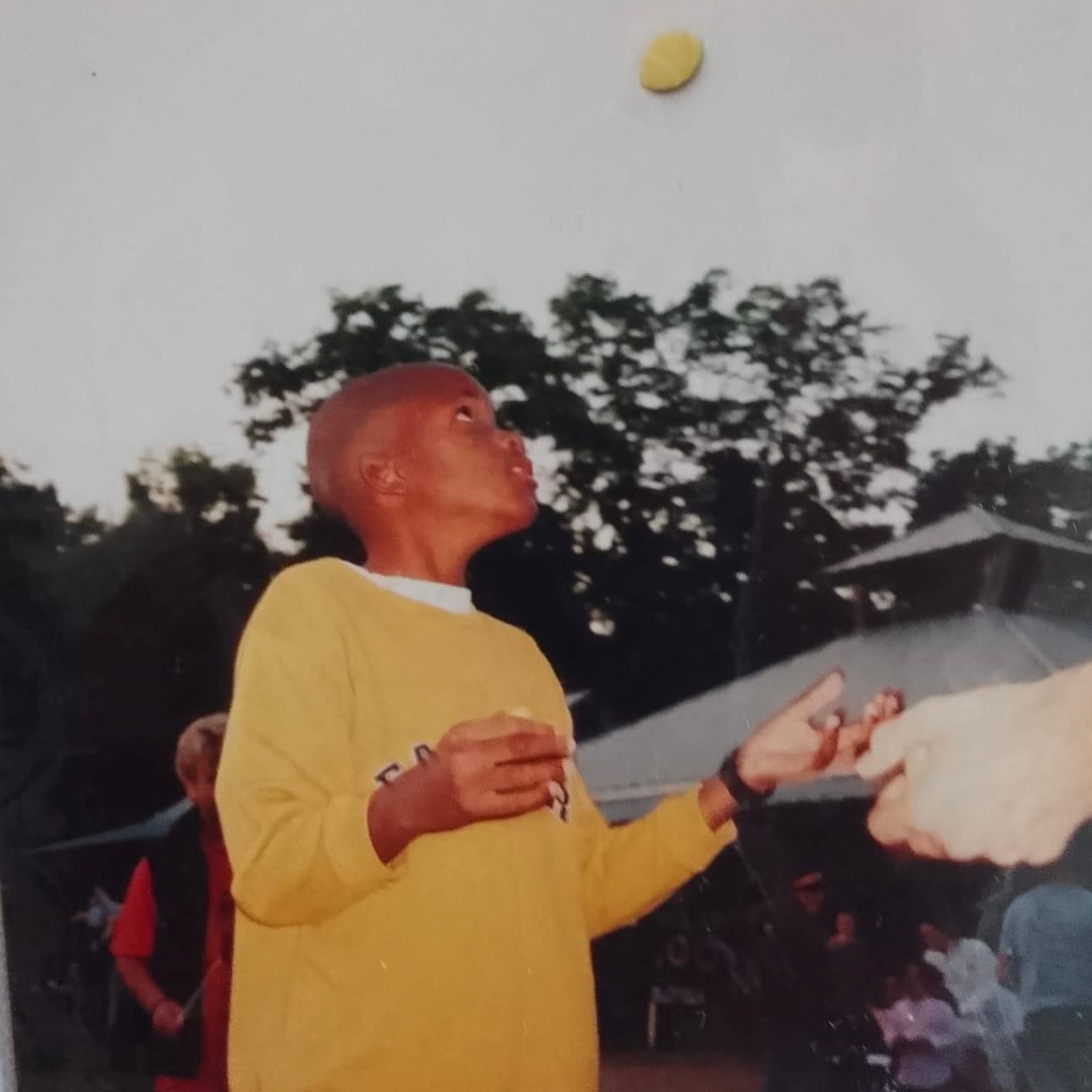
I was an energetic kid growing up—always getting good grades, excelling in sports, and dreaming big. Life felt limitless, until I was seven years old, when everything changed. I was diagnosed with a rare leukemia. At the time, I didn’t fully understand what it meant. One day I was running around with my friends at school, and the next, my body and eyes were acting strangely. Before I knew it, I was on a plane to the United States—a foreign land—for treatment.
Despite the sudden shock and the worry surrounding me, I felt an instinctive determination: this was my time to fight. I wasn’t afraid of death, even at that age. What scared me were the daily needles and the invasive treatments, but I adapted quickly. Chemo was excruciating, and the bone marrow procedure remains one of the hardest experiences of my life. Yet, the doctors always remembered me as “the brave one.” I never cried, never complained. I faced each day with conviction, especially for my mother, who sacrificed everything to keep me alive.
I leaned on imagination to cope. Anime heroes became my guides—characters with missions, impossible trials, and unwavering courage. I saw myself in them: surviving cancer was my mission.
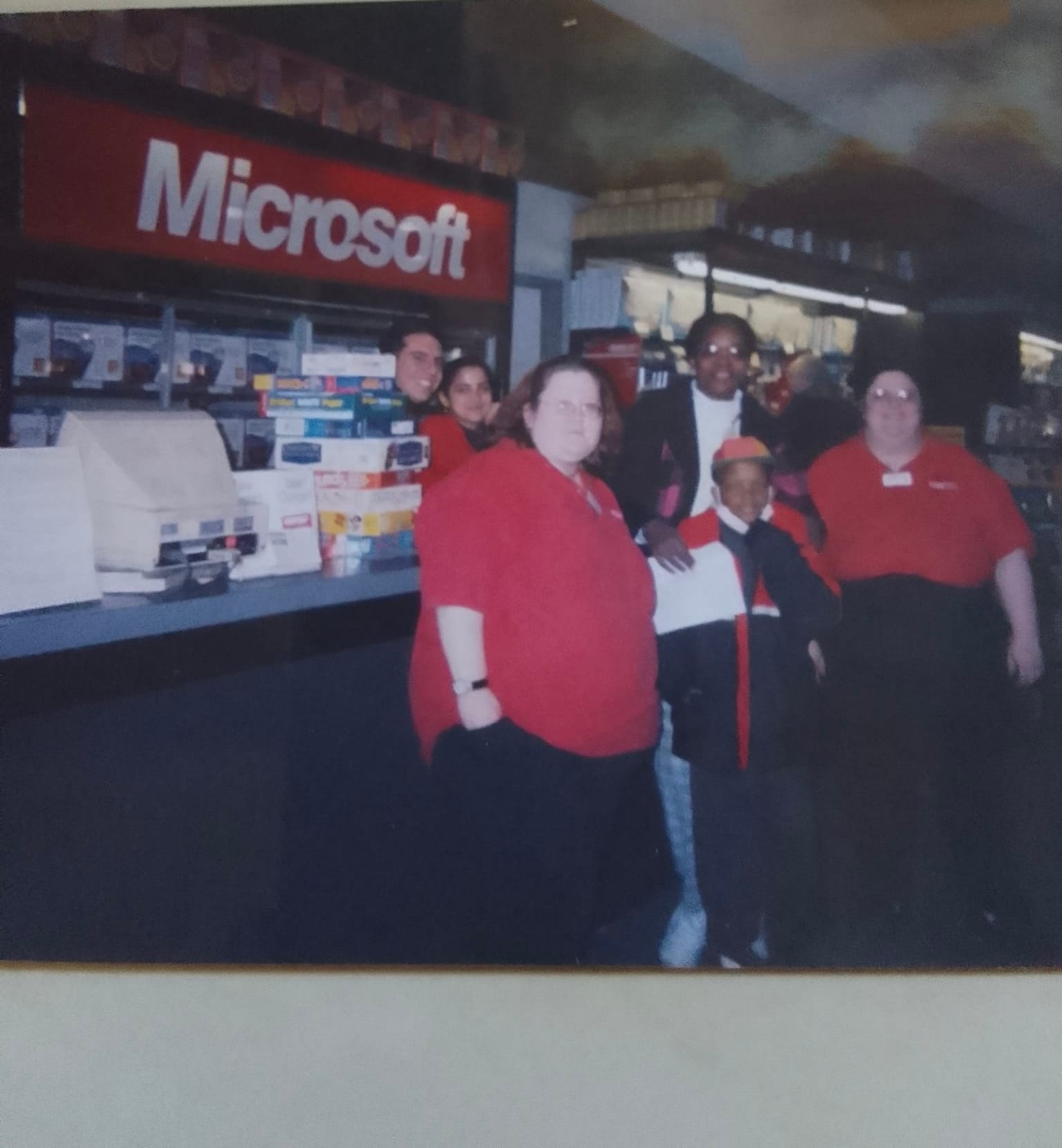
Make-A-Wish played a pivotal role in my journey. They gave me a choice: Disney World or a laptop. Naturally, I wanted Disney—an escape from the hospital walls—but my immune system was too fragile. So, I chose the laptop instead. At the time, it felt like a compromise, but in truth, it was destiny. That laptop introduced me to technology, editing, and storytelling. It planted the seed that would grow into my career as a filmmaker.
Life After Remission: Living With the Shadow of the Past
Coming home after remission was the hardest part. After eight months in a hospital, how does a boy simply return to “normal life”? I didn’t want pity or special treatment. I feared being seen as different, as if being sick made me “less.” The truth was, I carried a silent burden: mental recovery.
For years, I lived with a quiet, heavy anxiety. Every night before sleep, I wondered if I would wake up to the next day—or worse, wake up to bad news. That fear became part of my childhood, then followed me into my teens. It was like living with a shadow: the unspoken possibility that the illness might return, or that my life could end suddenly. It shaped how I saw the world and how I carried myself.
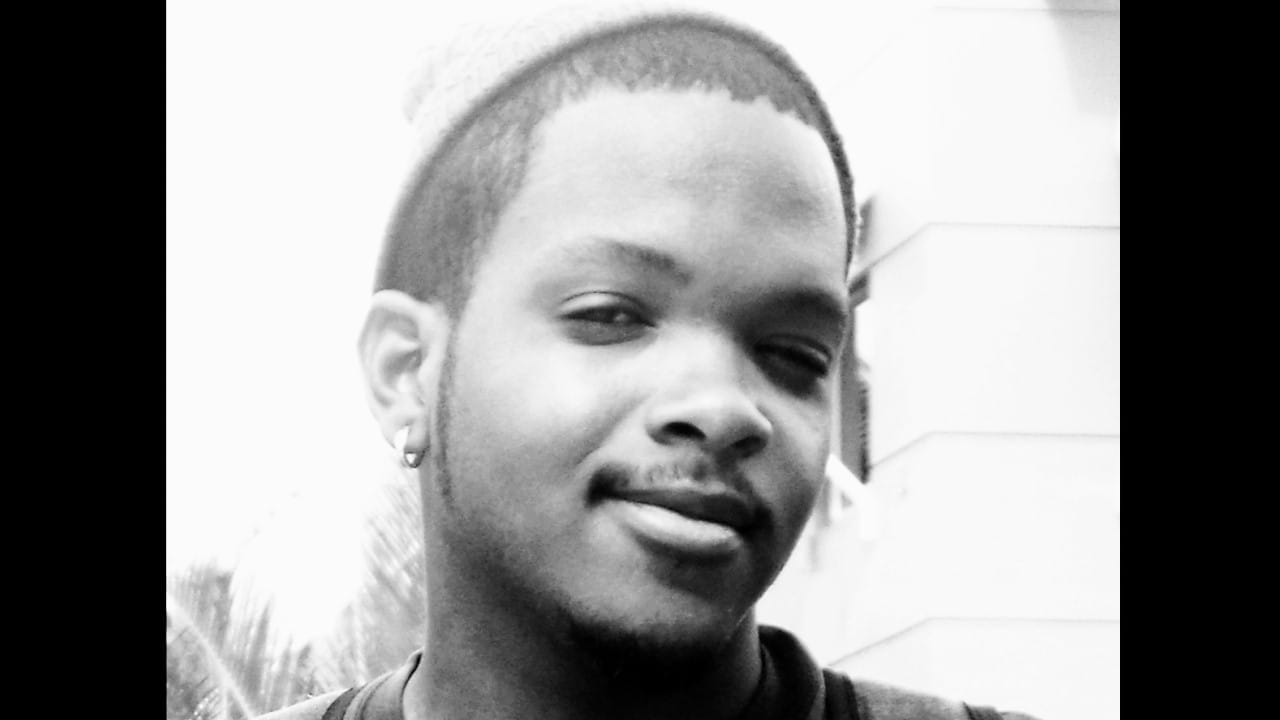
I never spoke about this publicly. I didn’t want to be labeled “the sick kid” or treated as fragile. So I kept my story private, burying it deep inside. But the pressure of holding that secret created its own battles—anxiety, perfectionism, a relentless drive to do more, be more, because I never knew how much time I had.
And yet, that same fragility of life became my greatest teacher. Knowing how temporary life can be gave me immense gratitude. It pushed me toward a higher purpose—not just in my art, but in how I live as a human being. I learned to aim high, to do my best, to take nothing for granted. It grounded me, but it also lit a fire inside me.
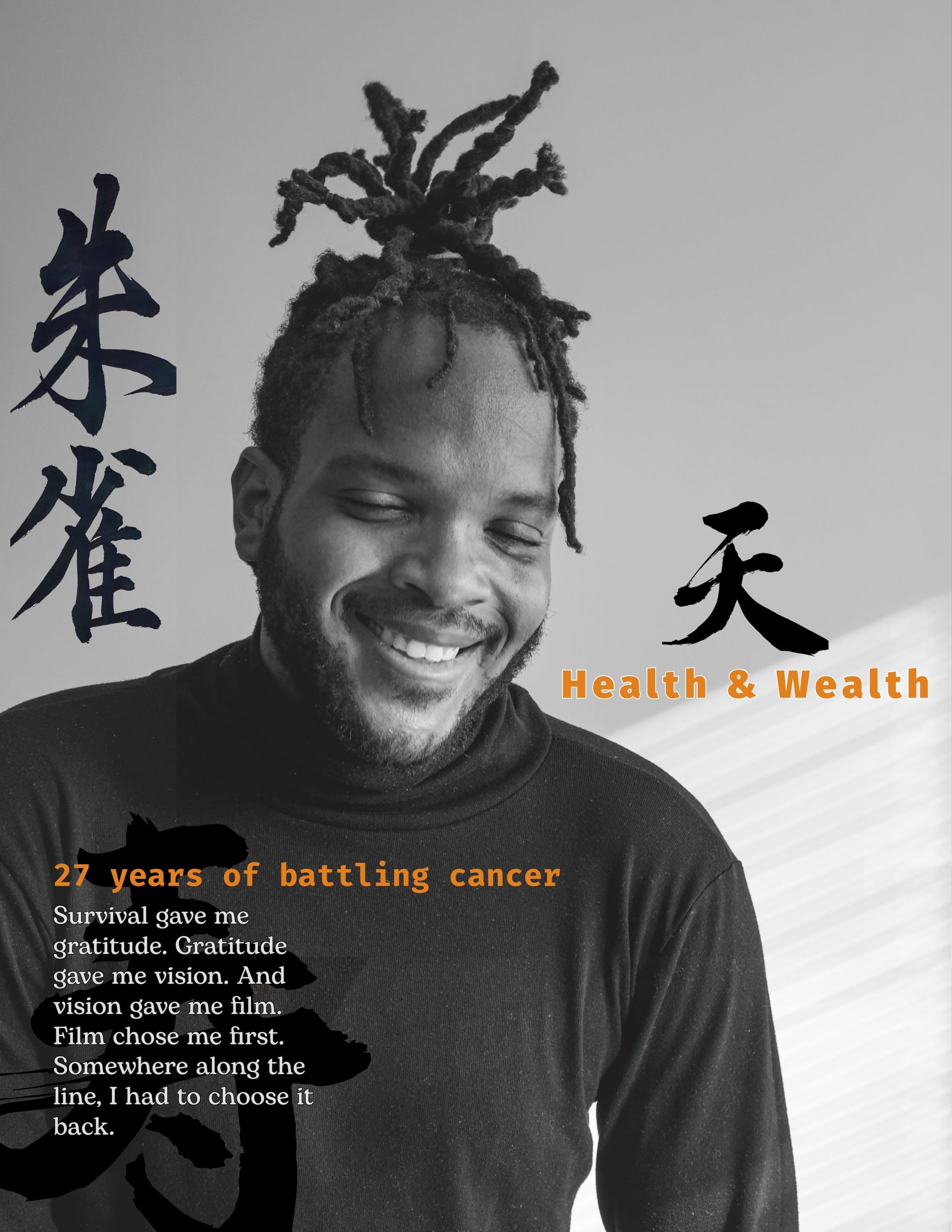
Mind, Body, and Spirit: Living in Balance
Surviving cancer didn’t just teach me about life—it taught me about responsibility to myself. I stress constantly the importance of living intentionally. I love my KFC or Chefette as much as anyone, but I’ve learned to eat in balance: more whole, grounded, “earth” foods and fewer processed ones. For every snack I indulge in, I try to double it with fruits and vegetables. Alongside nutrition, I prioritize exercise, and equally important, I nurture my mind.
You are what you eat—but also what your mind tells you. The mind grows alongside the body, and giving it proper attention is essential, especially for anyone in remission. I try not to take on unnecessary stress and to make decisions that create a path of less resistance. Mental clarity, gratitude, and balance have been just as critical as medicine in my life.
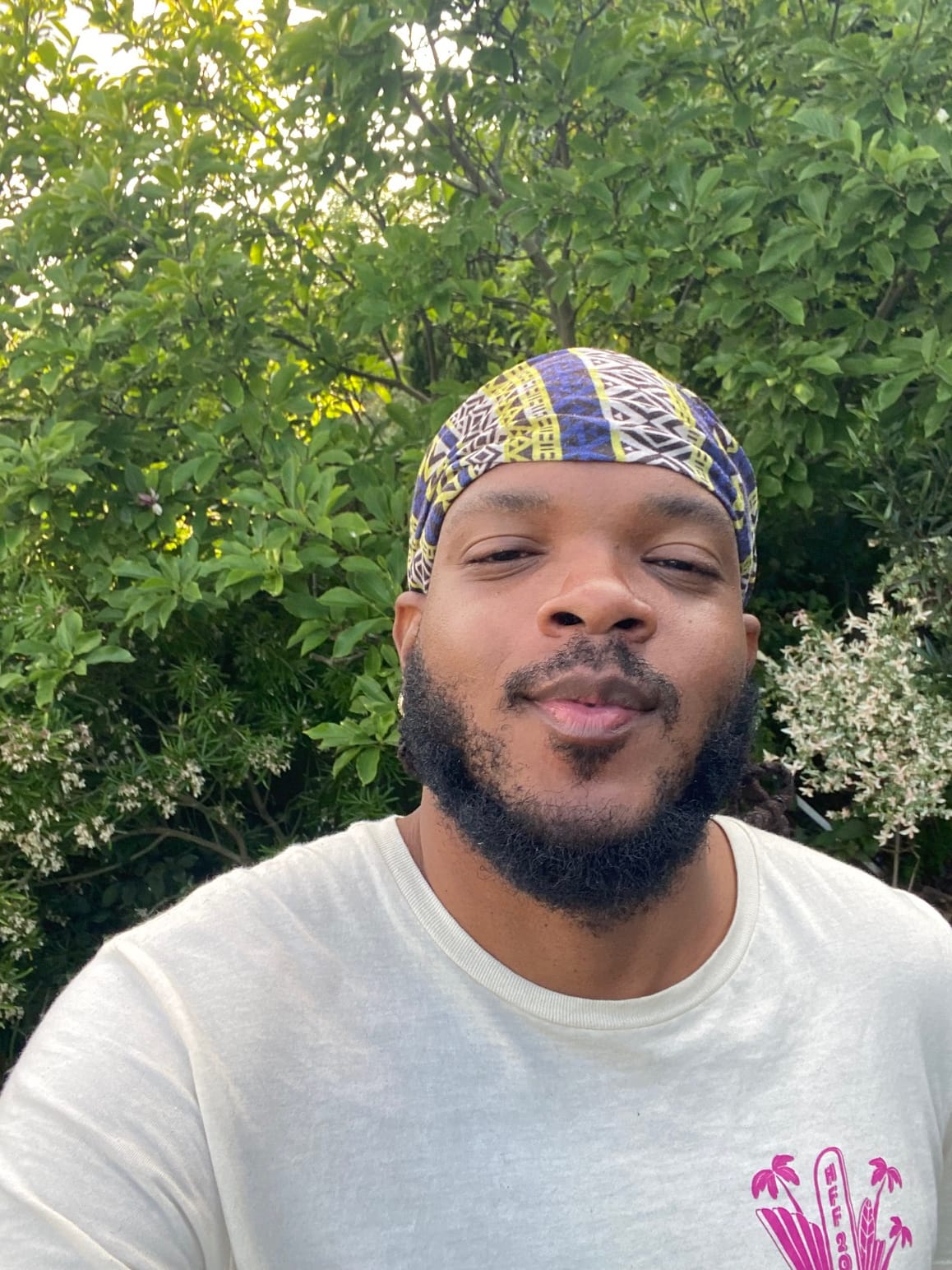
Faith has also played a role. I don’t always understand why some survive while others do not, but having faith in a higher power—God, the universe, or whatever guides your spirit—gives hope. Faith isn’t always something tangible, but it’s a compass when life feels uncertain, strange, or overwhelming. It grounds the soul, comforts the spirit, and reminds you there’s something beyond what you see.
My Refuge and My Destiny
Making films and video editing became both my refuge and my destiny. At first, I didn’t choose it—it chose me. That Make-A-Wish laptop gave me the means to choose back. In the late ’90s, owning a computer was rare, especially for a kid from Barbados. Yet that small tool became my portal to creativity, imagination, and eventually, storytelling. What could have been my deathbed became the starting point for life, art, and vision.
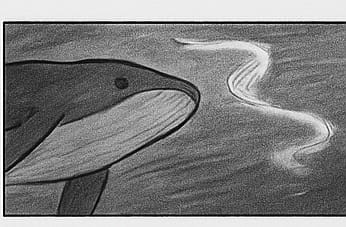
Now, 27 years in remission, I am preparing to release my first feature film: Voice of the Ocean. This film carries fragments of my story—of survival, gratitude, and the oceanic pull of home. It is rooted in Barbados, shaped by the waters that raised me, and colored by the experiences that taught me the value of every moment.
I am blessed that this first film is so close to my heart. It tells a story about the ocean, yes—but it also tells my story. A boy who wasn’t supposed to survive is now sharing his vision with the world.
Survival shaped me. Storytelling saved me. Gratitude guided me. And balance, mindfulness, and faith continue to sustain me.
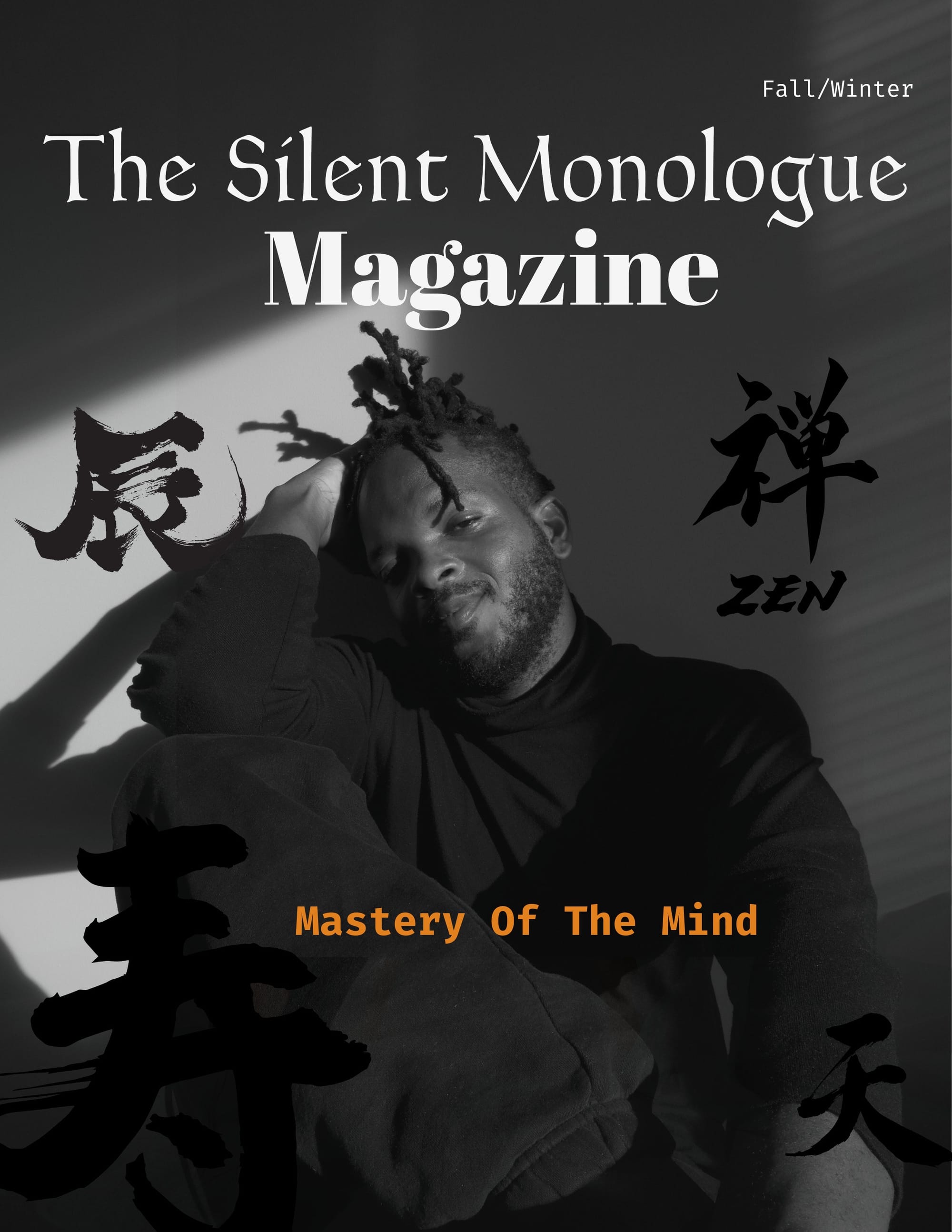
Q&A: Reflections on Survival and Art
Q: What was it like growing up with cancer?
I had a loving, supportive family that carried me through the hardest moments. At seven, I didn’t understand the gravity of leukemia. Suddenly, life shifted—school and play disappeared, replaced by hospitals, needles, and uncertainty. Despite all that, I knew I had to be strong, not just for myself, but for my mother and the sacrifices she made.
Q: How did you cope as a child?
Imagination was my lifeline. I drew strength from anime heroes, seeing survival as my mission. Make-A-Wish also played a pivotal role, giving me the choice between Disney World and a laptop. Choosing the laptop opened the door to creativity and storytelling—the beginning of my life as a filmmaker.
Q: What was the hardest part after remission?
Returning home. Life after eight months in a hospital was a mental battlefield. Chemo left lingering effects, and the fear of cancer returning was constant. I hid these struggles, afraid of being seen as “different,” until filmmaking gave me the space to confront and express my past.
Q: How did these struggles shape your art?
They taught me gratitude, clarity, and the urgency of time. Film became my medium for confronting the past, embracing life, and honoring the fragility of human experience.
Q: Why is film so personal to you?
Film feels like destiny. That laptop, given when I could have been facing the end, gave me a tool to create, imagine, and tell stories. Choosing filmmaking became an act of reclaiming my life, turning survival into vision, and vision into art.
Q: How does preparing to release your first feature feel?
It feels full circle. Voice of the Ocean carries traces of my journey—from survival to gratitude to storytelling. The film is both a personal odyssey and a gift to the world, and to myself, im almost there. so look out for it.
